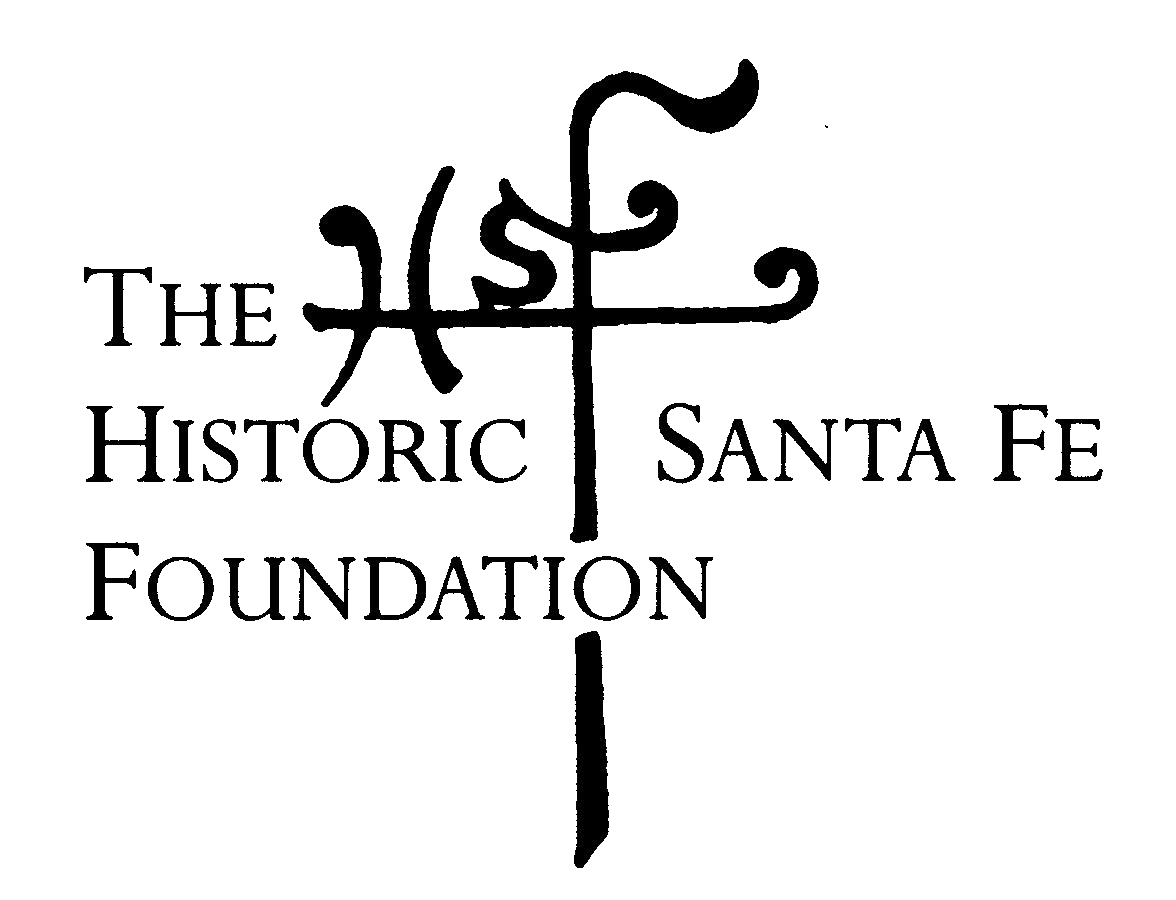THE SALON TALK WITH TONIA SING CHI IS POSTPONED. ANY RESERVATIONS FROM FEB. 14 ON WILL BE FOR THE MARCH 1 EVENT.
The Acoma construction crew building the compressed earth block house (2002) Image courtesy of Cornerstones Community Partnerships
SALON EL ZAGUÁN
Historic Santa Fe Foundation presents
with sponsorship by Museum of Indian Arts and Culture, State of New Mexico Historic Preservation Division, and Atkin Olshin Schade Architects
A lecture by Tonia Sing Chi on
Building Reciprocity: Participation in Native American Housing and the Perpetuation of Earthen Architectural Traditions
DATE: March 1, 2019 at 3pm
LOCATION: Museum of Indian Arts and Culture
Online tickets required - Reserve Tickets here
Historic Santa Fe Foundation presents the February/March Salon El Zaguán monthly lecture series with Tonia Sing Chi on Building Reciprocity: Participation in Native American Housing and the Perpetuation of Earthen Architectural Traditions.
The talk is scheduled for Friday, March 1, 2019 at 3pm in the Museum of Indian Arts and Culture in the Catherine O'Keeffe Theater, 710 Camino Lejo, Santa Fe. There is no charge for admission for HSFF members and a non-members entry fee is $10. Membership information on HSFF's Join & Give page.
For HSFF members and non-members, pre-sold or pre-reserved tickets are required to attend: Reserve member tickets or purchase non-member tickets here.
ABOUT THE LECTURE:
The current climate in design speaks the language of social responsibility. Design practitioners are increasingly compelled to work directly with communities, expanding their professional roles as both facilitator and mediator to address broader social issues. However, there has been limited evaluation of community-driven approaches. This talk will reframe the notion of participation through four examples in collaborative earthen housing projects with Native American communities: (1) Sub-House 2 between Taos Pueblo and World Monuments Fund, (2) Owe’neh Bupingeh between Ohkay Owingeh and Atkin Olshin Schade Architects, (3) PAHA House between Acoma Pueblo and Cornerstones Community Partnerships, and (4) Lone Tree between Dennehotso Navajo Nation and DesignBuildBLUFF.
The investigation of both the successes and shortcomings of these projects will challenge the often differing Western and Indigenous approaches to design, contemporary and traditional lifestyles, tangible and intangible value, and expert-led and community-driven processes.
Mud plastering workshop at Ohkay Owingeh (2012) for the Owe'neh Bupingeh Restoration Project. (Tania Hammidi, Photographer)
The talk is part of a traveling symposium in which Chi shares her Historic Preservation thesis with the communities who participated in the research, and acknowledges their engagement, communicates her findings, and elicits feedback. The intent is that the discussions resulting from this "return of research" will achieve a higher level of impact through productive and transparent dialogue among researchers, design practitioners, and tribal communities.
ABOUT THE SPEAKER:
Tonia Sing Chi’s work critically explores the link between vernacular building technologies and participatory approaches to design and preservation. She is an architectural designer, researcher, and educator drawing on nearly a decade of experience in building construction, subsistence farming, and community-engaged models of practice. She has taught design-build at UC Berkeley’s College of Environmental Design and has partnered with many social justice-oriented organizations focusing on food and housing security in the Bay Area. Chi is currently a KPF Paul Katz Fellow researching issues of global urbanism at the intersection of densification, Aboriginal land values, participation in design and planning in Sydney, Australia. Tonia holds an M.Arch and an M.S. Historic Preservation from Columbia University GSAPP.


